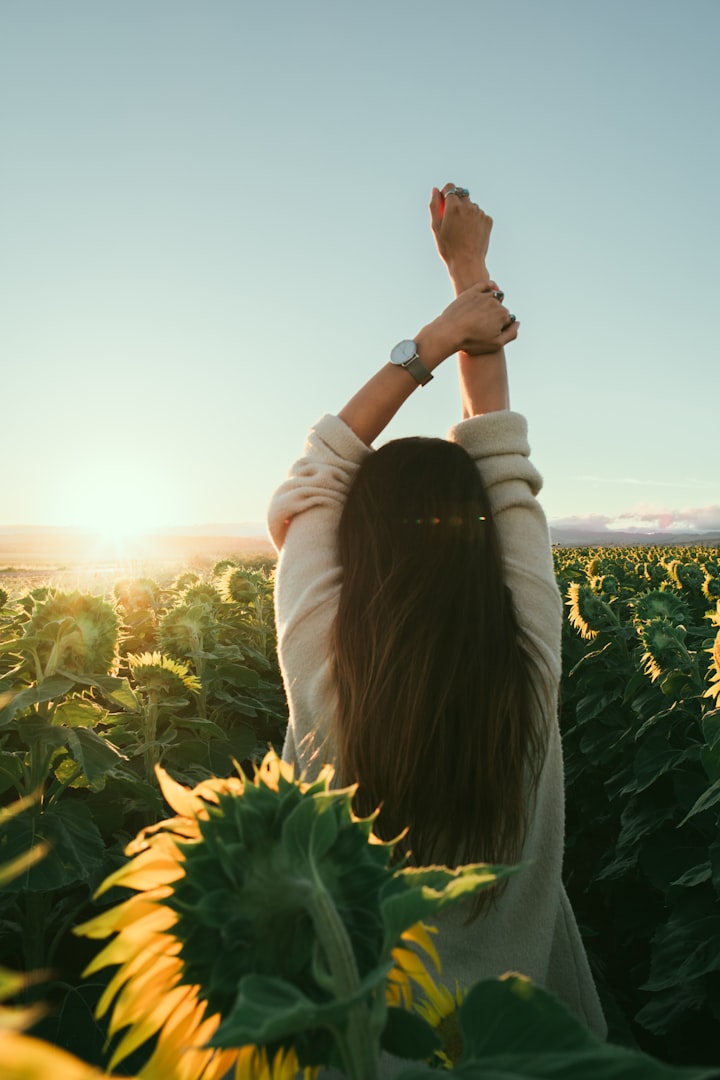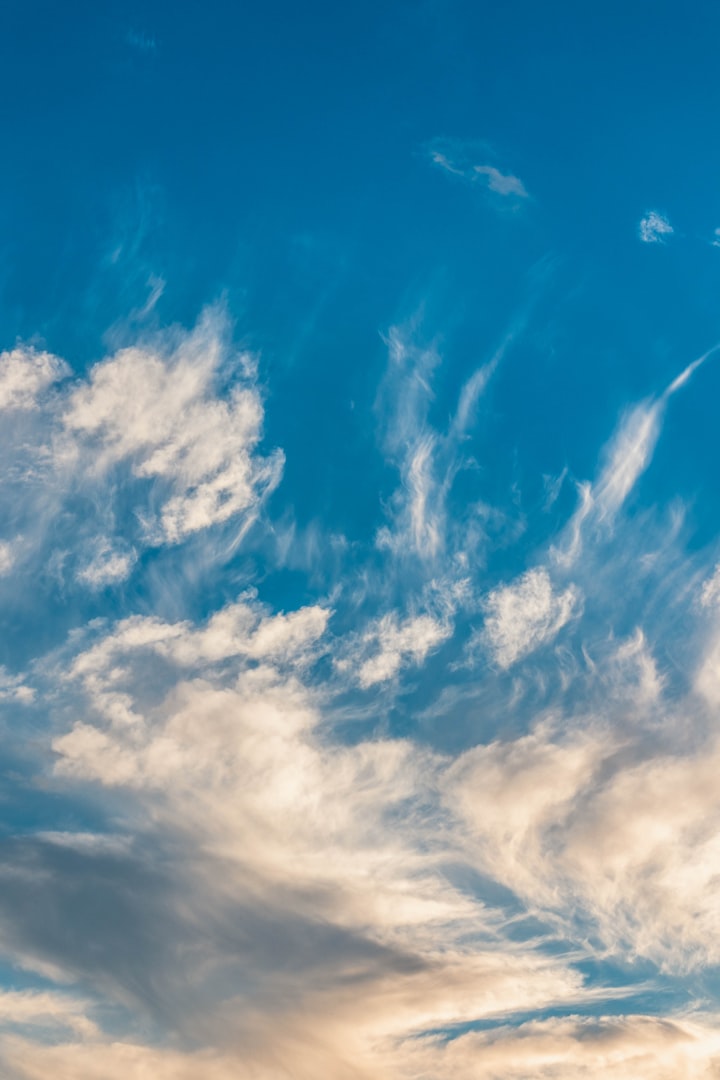Gender-based violence and human trafficking amidst the COVID-19 pandemic
Women human rights defenders are taking a stand against this underlying social pandemic.

Out of sight of law enforcement, human trafficking is surging. For those being trafficked, the pandemic has rendered them more confined and exposed than ever, in close and constant proximity to their abusers. With COVID-19 destabilizing societies and enabling the perpetuation of human trafficking, we can no longer pretend that gender-based violence and trafficking are detached from the greater inequities and vulnerabilities of our societies.
As survivors are finding their voice –transforming from victims into activists– it is time for the world to join the call. The global community must take meaningful action now to support women and marginalized communities who will be suffering the consequences of COVID-19 for years to come.
Nadia's Initiative and the United Nations Office on Drugs and Crime (UNODC), will examine the state of gender-based violence and human trafficking amidst the COVID-19 pandemic, acknowledging the invaluable contributions of women rights defenders in the field. Experts, activists, and practitioners will help define actionable next steps that UN bodies and Member States can take to make meaningful progress in preventing and responding to gender-based violence and human trafficking.
Human trafficking increases in times of crisis plus We have to redouble efforts and we must protect human rights defenders and end all forms of violence against women.
Following are UN Deputy Secretary-General Amina Mohammed’s remarks to the Reykjavik Global Forum — Women Leaders Virtual Event, co-hosted by Women Political Leaders and the Government and Parliament of Iceland, on 9 November:
It is my honour to join you at the Reykjavik Global Forum today. I am inspired to see so many women leaders collaborating on global solutions.
This pandemic has asked each of us to rise to meet the health, humanitarian and development crisis. And women leaders around the world have answered the call from the frontlines — saving lives and livelihoods.
In recent decades we have made some important strides towards gender equality, including in lessening discriminatory laws, furthering gender parity in education, and increasing women’s participation in the labour force.
However, even these gains are at risk by the devastation brought about by the COVID-19 crisis. As a result, women have been among those most impacted by the economic consequences and unemployment. Women’s unpaid workloads have risen, gender-based violence has increased, and access to sexual and reproductive health have become compromised. These imbalances have devastating consequences.
although the voices of activists and survivors have reached a crescendo that cannot be silenced or ignored, ending violence against women will require more investment, leadership and action. It cannot be sidelined; it must be part of every country’s national response, especially during the unfolding COVID-19 crisis.
For the 16 Days of Activism, UN Women handed over the mic to survivors, activists and UN partners on the ground, to tell the story of what happened after COVID-19 hit.
Victims of acts of violence based on religion or belief around the world.
Iraq has suffered internecine conflict and state collapse, degrading a once rich cradle of ancient ethno-religions and cultures. The Christian population, including ethnic Assyrians, which numbered around 1.5 million at the start of this century, has been reduced to a mere 200,000 today. Other minority communities such as Yazidis, Sabean-Mandaeans, Turkmen, Kak’ais, and Shabaks have faced existential threats in recent years. ISIS exploited the concomitant deterioration of religious freedoms as part of their genocidal campaign against ethno-religious minorities across the Sinjar region and the Nineveh plains. The targeted violence sought to erase the presence of religious minorities in Iraq altogether, and particularly of the Yazidis, decried by ISIS as devil worshippers.
ISIS executed those who refused religious conversion, and destroyed countless shrines, churches, temples, and other cultural sites. The effects of religious discrimination against minorities are widespread and intergenerational, as many of the displaced are reluctant to return to their ancestral lands for fear of religious persecution. This situation is compounded by the presence of militia groups in the Sinjar region and Nineveh plains and failures to meaningfully address governance concerns. supported by the UN Investigative Team to Promote Accountability for Crimes Committed by Da’esh/ISIL (UNITAD) and the UN Office on Genocide Prevention and the Responsibility to Protect. However, without justice and accountability for past atrocities, religious communities will continue to face persecution and the threat of repeated violence. Improving religious freedom is linked to holding perpetrators of genocide accountable, to providing secure conditions of return for minority communities, and to supporting those who have experienced the trauma of religious violence that drove them from their homeland.
According to UNITAD , Government of Iraq, the Kurdistan Regional Government, the United Nations, and the wider international community to take the following steps:
1) To adopt legislation that ensures reparations for survivors and delivers justice for victims of genocide, war crimes, and crimes against humanity.
2) To empower groups working towards social cohesion such as the Yazidi Survivor Network and the Iraq Religious Freedom Roundtable to advocate for their own interests.
3) To promote religious education across Iraq by means of cultural events and activities that inform the population about minority communities; integrate education about religious minorities in the Iraqi school curriculum to combat misinformation.
4) To implement innovative approaches to promote religious and cultural diversity, including community-based approaches using art and virtual reality technology, such as the Nobody’s Listening exhibition.
5) For UNITAD and the UN Office on Genocide Prevention and the Responsibility to Protect to facilitate a follow-up conference to broaden the endorsement for the Interfaith Statement by other religious communities. The international community should expand its support for the investigative activities of UNITAD.
Signatories:
1. Aegis Trust (Rwanda/United Kingdom)
2. Air Bridge Iraq — Luftbrücke Irak (Germany)
3. AlRafidain Peace Organization (Iraq)
4. American Islamic Congress (United States of America)
5. Asia-Pacific Centre for the Responsibility to Protect (Australia)
6. Assyrian Policy Institute (United States of America)
7. AdvanceUSA (United States of America)
8. Central Council of Yazidi in Germany — Zentralrats der Êzîden in Deutschland (Germany)
9. Citizen Power Initiatives for China (United States of America)
10. CSW (United Kingdom)
11. Coalition for Genocide Response (United Kingdom)
12. Coordination des Associations et des Particuliers pour la Liberté de Conscience (France)
13. Défense sans frontière Avocats solidaires (France)
14. European Interreligious Forum For Religious Freedom (France)
15. Eyzidi Organization for Documentation (Iraq)
16. Ezidis Worldwide — Eziden Weltweit e.V (Germany)
17. Genocide Alert (Germany)
18. Ghasin Alzaiton Organization for Youth (Iraq)
19. Global Jothoor Foundation (United States of America)
20. International Christian Foundation for Democracy (United States of America)
21. International Coalition for the Responsibility to Protect (United States of America)
22. International Dialogue Research and Awareness Centre (Pakistan)
23. International Organization to Preserve Human Rights (United States of America)
24. Institute for Global Engagement (United States of America)
25. Iraq Religious Freedom Religious Roundtable (Iraq)
26. Iraqi National Center for Counter Hatred (Iraq)
27. Jiyan Foundation for Human Rights (Germany/Iraq)
28. Jubilee Campaign (United States of America)
29. Masarat (Iraq)
30. Minority Rights Group International (United Kingdom)
31. Montreal Institute for Genocide and Human Rights Studies (Canada)
32. Nadia’s Initiative (Iraq/United States of America)
33. Nineveh Center for Minority Rights (Iraq)
34. Nuhanovic Foundation (The Netherlands)
35. Operation Hope (Australia)
36. Panaga Organization for Education (Iraq)
37. Project Abraham (Canada)
38. RASHID International e.V.
39. Refcemi (United Kingdom)
40. Religious Freedom Coalition (United States of America)
41. Religious Freedom Institute (United States of America)
42. Roads of Success (United States of America)
43. Shlomo Organization for Documentation (Iraq)
44. Sunrise Organization for Civil Society Development (Iraq)
45. TAJDID Iraq Foundation for Economic Development (Iraq)
46. Trauma Treatment International (United Kingdom)
47. World Federalist Movement — Institute for Global Policy (United States of America)
48. Voice Of Ezidis (France)
49. Yazda (Iraq/United States of America)
50. Yazidi Legal Network (The Netherlands)
51. Yezidi Emergency Support (United Kingdom)
52. Youth Bridge Development Organization (Iraq)
53. Zarok e. V. (Germany/Iraq)
About the Creator
Viona Aminda
Not a fiction story telling






Comments
There are no comments for this story
Be the first to respond and start the conversation.